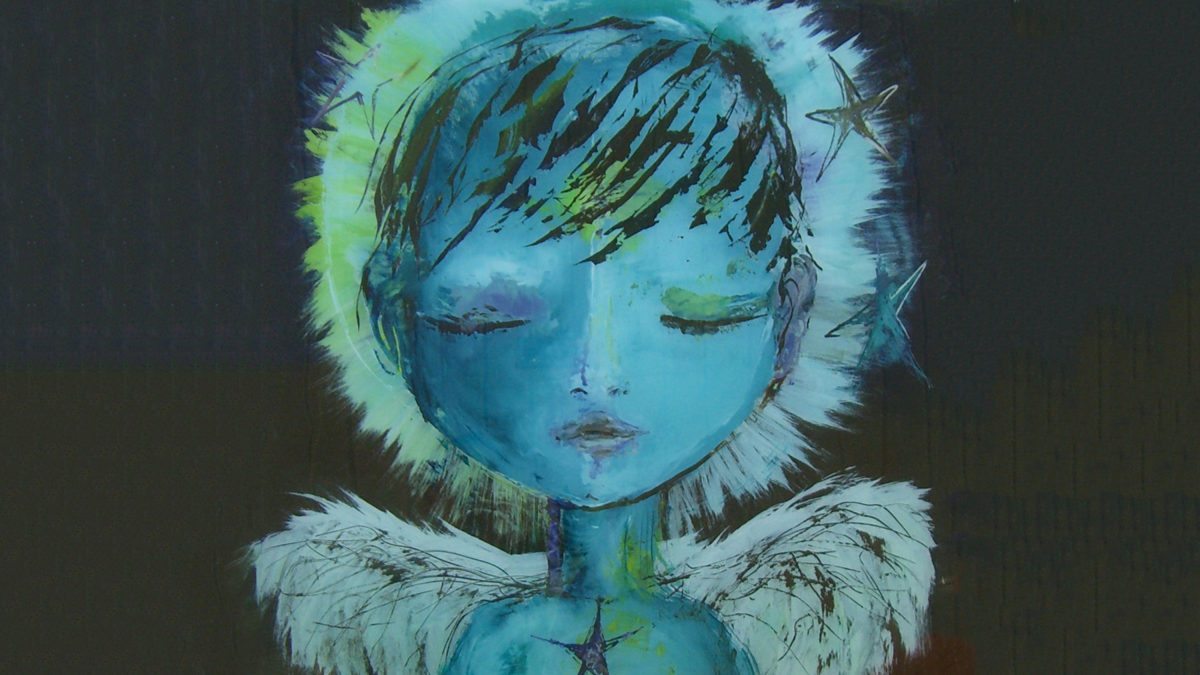“The intuition is given; the unpacking is our moral dilemma, always.”Ken Wilber
The phrase, “what should we do?” has played on people’s mind ever since we had a mind. How do we treat each other? Such a simple question but one that becomes more and more complex as the world itself becomes more complex. Recently, we’ve been musing about how morality today has to grapple with an increasingly complex and turbulent world.
Wilber’s framing of morality has been very helpful in this regard. “The intuition is given; the unpacking is our moral dilemma, always.” This unpacking is really where the rubber hits the road. And, it is a social process, an interpersonal reckoning, where we together work out the fine details of a morality for our moment. What might have been the right thing to do yesterday may not apply to today’s consciousness, culture and context. And so, what is the right thing to do? And more aptly for our IWB community of practitioners, where do we engage? There is so much need, at so many different scales, and so many intricacies to this field of work, so much shadow work remaining to do, so much self-inquiry still held at bay, and yet, all the while, regions of our world continue to rage with need or silently suffer. We can’t turn away. But where and how exactly do we turn toward?
Wilber contends with his notion of Basic Moral Intuition that we ought to protect and promote the greatest depth for the greatest span. This Basic Moral Intuition realizes that greater depth of consciousness and more levels of complexity go hand in hand with greater awareness about and care for span. In other words, as consciousness/interiors deepen, folks consciously embrace greater and greater span; as exteriors become more complex they transcend and include greater span. The key point here is if you don’t protect and promote depth you cannot protect greater span.
Reviewing certain international charters and universal statements, often we find statements that orient towards span only. And yet we need to include both depth and span, to be able to protect both the foundational aspects of the world (ecosystems, species, healthy atmosphere) as well as its depth dimensions (such as worldcentric awareness, multiperspectival capacity for care, potential for self-realization, vision-logic, and, heck, poetry!).
Though this may seem abstract, it comes into play very viscerally in our work.
Where do you focus your work: helping one child in a village or helping to develop the entire community? raising awareness about climate change for all people who drive cars, or with the large corporations who continue to emit massive amounts of carbon? do leaders insist on one-child policies to restrict global population growth as we overtake the planets ecological carrying capacity, or should we focus on the excessive consumption of northern countries that strains the planet’s carrying capacity unsustainably?
Of course this doesn’t have to be an either/or. Yet it can be an either/or in certain moments when you have to make a moral call. And it can be both/and, but the question is how do we enact a both/and morality?
These are the questions that are forefront on our minds these days, and we have crafted our year with several events to explore this more fully.
Wilber also suggests that this all begins with a recognition that each and every being is an expression of spirit. And that that very recognition brings us to consider, how shall we treat others who are also expressions of spirit? This moral interest begins there, and extends to other beings, to cultures and to the systems we live in. Far beyond religious dogma and prior to mental reasoning, this moral inclination lies deep within us all.
We have invited two spiritual teachers and one pandit to help us deepen our discussions and understanding of this. They have accepted our request! So IWB will be holding three in-person events this year, focusing around this theme of the BMI, drawing on an integral approach as well as on these teachers’ practices and perspectives. See below for details!
We hope you can join us in this social project of discerning more wisely the morality of our moment as we engage the ‘great issues’ of our time.
If you would like to read the essay by Mike Simpson that Ken discusses in this call, you can find it here.
Image by Sheri Munce [+view gallery]
Written by Gail Hochachka
Become a member today to listen to this premium podcast and support the global emergence of Integral consciousness
Membership benefits include:
Premium Content
Receive full access to weekly conversations hosted by leading thinkers

Journal Library
Receive full access to the growing Journal of Integral Theory & Practice library

Live Experiences
Stay connected by participating in Integral Life live events and discussions
Courses & Products
Get unlimited 20% discount off all products and courses from our friends and partners

Free Bonus Gifts
Download The Integral Vision eBook by Ken Wilber (worth $19 on Amazon) & The Ken Wilber Biography Series

Support of the movement
Support our mission of educating and spreading integral consciousness that is more critical than at any time in its history
About Ken Wilber
Ken Wilber is a preeminent scholar of the Integral stage of human development. He is an internationally acknowledged leader, founder of Integral Institute, and co-founder of Integral Life. Ken is the originator of arguably the first truly comprehensive or integrative world philosophy, aptly named “Integral Theory”.
About Gail Hochachka
Gail has 20 years of experience bridging research and practice in sustainable development in Africa, Latin America and North America. Her enduring interest is on how to better understand and integrate the human dimensions of global environmental change, in approaches that are commensurate with the complexity of the issues today.

